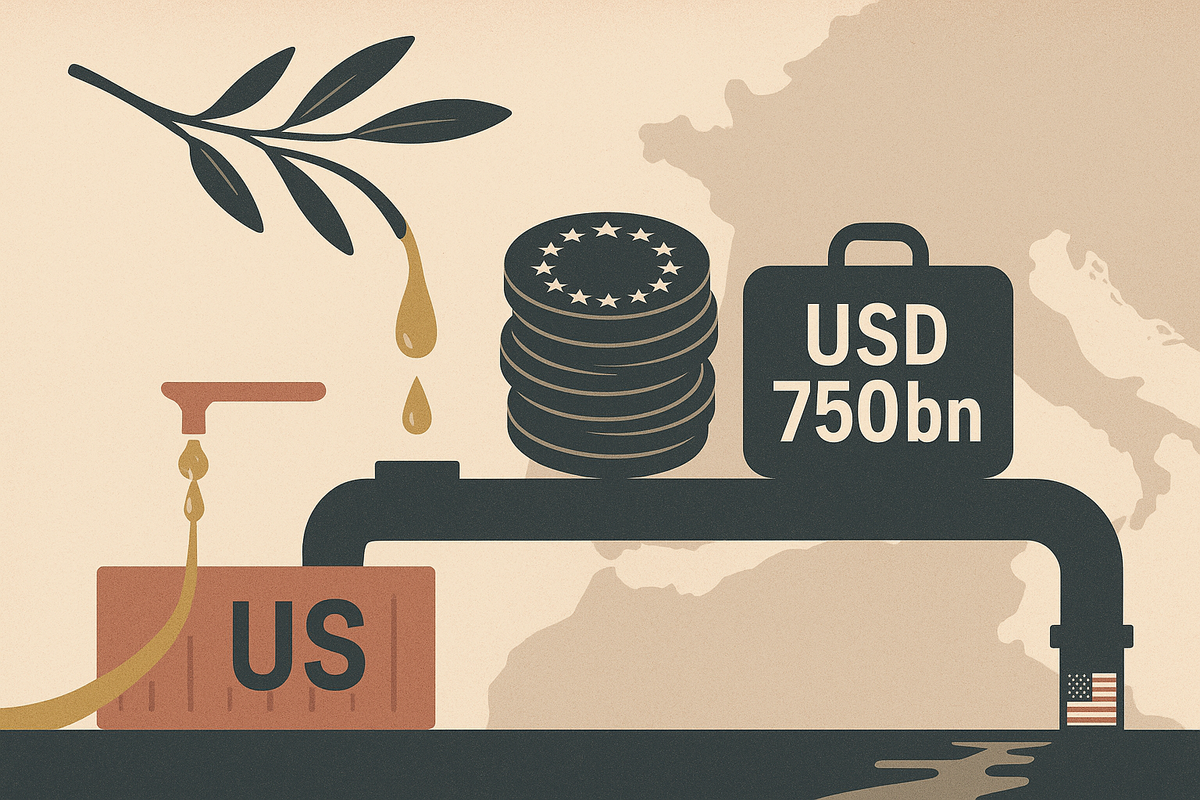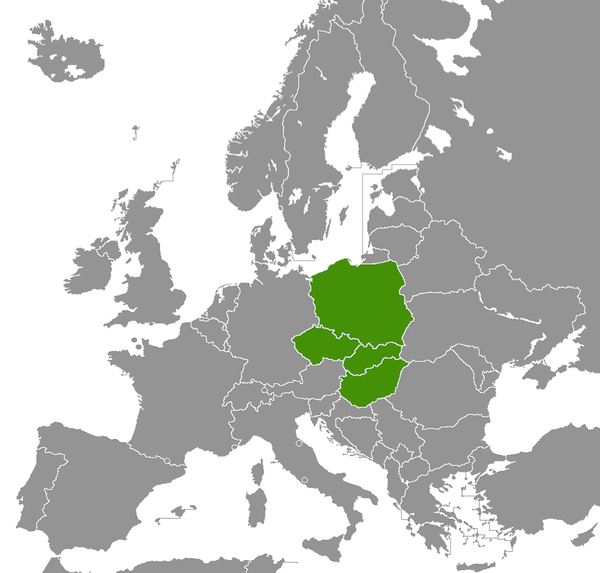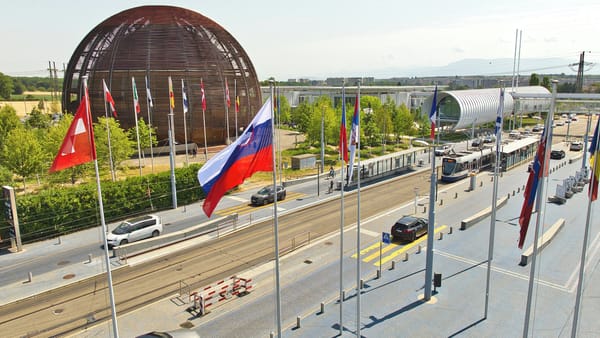
Balkan economies weigh cost of US-EU tariff 'compromise'
The US-EU trade deal setting most import duties at 15% offers clarity to the situation, Balkan ministries said on 29 July. The trade deal removes the immediate threat of a 30% tariff but commits the EU to purchasing USD 750bn of US energy and investing USD 600bn in the superpower's economy.
The Slovenian and Romanian governments stressed that predictable tariffs support investment decisions but warned that higher energy purchases under the deal could eat into resources for cohesion funds. Steel and aluminium duties will remain at 50%, while cars, machinery, chemicals and most agricultural goods will be subject to the 15% tariff rate.
The World Bank forecasts regional growth of 3.1% in 2025, and finance ministries say cushioning the tariff shock will be essential to meeting that target. However, regional industry groups are warning of mounting pressure on Balkan economies.
EC to present support proposals in September
South-east Europe is reliant on revenues from pharmaceuticals, olive oil, wine and tourism. Greek officials said olive oil and mineral exports could see small cost increases, while Slovenia’s carmakers welcomed the avoidance of the 27.5% duty.
Economists at Brussels‑based think tank Bruegel cautioned that higher energy imports may crowd out investment in local projects. Milena Stankovic, head of the Serbian Export Council, urged Brussels on 31 July to create a special facility for affected sectors. The European Commission (EC) said it would present support proposals in September.
Romania faces hit to economic growth
Romanian Prime Minister Ilie Bolojan welcomed the deal but said his government will review the energy and defence procurement clauses. Romania’s employers’ association Concordia estimated that the duties could reduce national growth by 0.15-0.2% percentage points.
A Bulgarian economy ministry official, speaking on 30 July, said Sofia is assessing impacts on wine and electronics exports. Meanwhile, the Croatian Chamber of Commerce warned that higher duties on furniture and food could hurt small producers.
Slovenia hails 'room to plan'
The Slovenian Economy Ministry said the deal will enable long‑term planning for car and pharmaceutical companies. The ministry also stressed that postponing the threatened 30% tariff gives companies room to plan.
However, Bojan Ivanc, chief economist at Slovenia’s Chamber of Commerce and Industry, warned that many details remain unspecified and businesses are waiting for the final schedule of duties and quotas. Ivanc noted that Slovenian exports to the US have fallen by 7% in 5 months owing to fewer machinery and steel shipments.
Deal strengthens transatlantic ties - Greece
Greek Finance Minister Kyriakos Pierrakakis said the deal strengthens transatlantic cooperation, and his ministry plans to publish a sectoral impact study in early August.
Vassilis Korkidis, head of the Piraeus Chamber of Commerce and Industry, called the tariff “the lesser of two evils” and urged Athens to diversify export markets.
The agreement removes the threat of a full trade war and will have only modest effects as the US represents a small proportion of Greece’s exports, economist Giannis Tsoukalas told public broadcaster ERT.
Non‑EU Balkan economies Serbia, Albania, Bosnia and Herzegovina, Kosovo, Montenegro and North Macedonia had not commented on the deal at time of publication.





